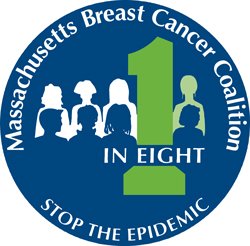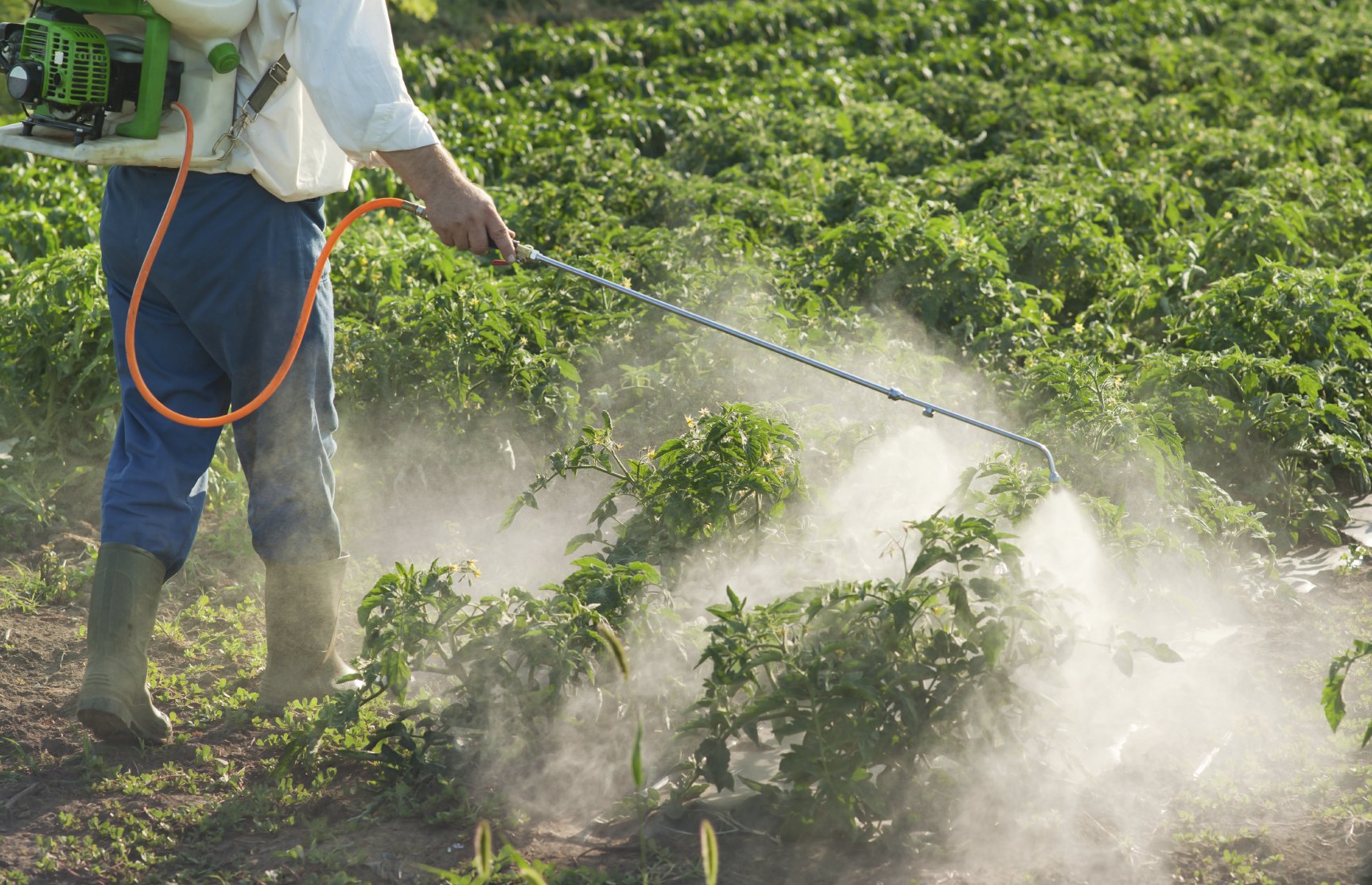We shouldn’t be forced to accept any threat to our water supply or our health that can be avoided. Prevention of cancer was cited by Rachel Carson in Silent Spring as “the imperative need”. Prevention IS paramount and we can all make simple contributions to this end. Consider halting utility herbicide spraying as an opportunity in prevention.
The electric utility NSTAR recently published its plans for herbicide spraying under their easements (aka rights-of-way or ROWs) in Acushnet, Ashland, Bourne, Bridgewater, Burlington, Canton, Carver, Chatham, Dartmouth, Dennis, Dover, Duxbury, East Bridgewater, Edgartown, Fairhaven, Falmouth, Framingham, Freetown, Hanson, Harwich, Hopkinton, Kingston, Marshfield, Mattapoisett, Middleborough, Natick, Oak Bluffs, Pembroke, Plymouth, Plympton, Rochester, Sandwich, Sherborn, Sudbury, Tisbury, Truro, Yarmouth, Wareham, Wayland, Wellfleet, Whitman, Woburn, Worcester.
This list includes 9 Cape towns and 3 Vineyard towns — in case you were planning to vacation there this summer, fall, or winter. NSTAR sprays its transmission line easements on private and public lands throughout their service area encompasses eastern, central, and southeastern Massachusetts including Cape Cod and Martha’s Vineyard.– in many cases without the knowledge or consent of the land owners.
As part of its vegetation management in all their service areas, NSTAR applies 5 different herbicides to land it does not own. NSTAR is the largest single end-user of pesticides on Cape Cod and the company contractors spray under approximately 150 miles of power lines over 78% of the zones of contribution to the public water supply. The NSTAR service area highly permeable sandy soils across the Cape and other coastal communities leave groundwater particularly vulnerable to herbicide contamination.
Herbicides are a class of pesticides that kill unwanted plants and are made up of known “active” ingredients and unknown “other” ingredients (formerly called “inerts”). In the accompanying chart of NSTAR herbicides, notice that more than HALF of the ingredients are unknown-undisclosed as “trade secrets”. The trade secret aspect is part of a toxic shell game of hazardous waste and other toxic industrial byproducts being recycled by corporations for profit into the “other” or so-called inert ingredients. Hazardous waste is legally allowed by EPA to be recycled into pesticides and other commodities including fertilizer. It saves the waste producer from having to pay high fees for a special hazardous waste facility and also provides revenue from an otherwise toxic byproduct of manufacturing or mining. The “other” ingredients in some products may be more toxic or pose greater risks than the active ingredient. The “other ” ingredients can include petroleum distillates, other pesticides, aromatic solvents, fragrances (which can act as endocrine disruptors ) and other hazardous waste, some of which have been linked to cancer and effects on the nervous system. These unknown ingredients can make up to 99% of the pesticide formulation so you are encouraged to rethink your own use of pesticides in and around your home. GreenCAPE is a resource about alternatives to pesticides you can substitute for chemical pesticides.
In 2006 22 non-governmental organizations (NGO’s) and 15 state attorneys general (including Tom Reilly in MA) sued the EPA to force disclosure of these hazardous agents that are used as “other” ingredients. Early in 2014, the law suit was revisited since the EPA had yet to take action. None of the risk/benefit analysis for the EPA registration process prior to putting a pesticide on the market looks at the totality of the pesticide formulation OR the synergistic effects of using multiple pesticides as they are used in the real world and on the NSTAR ROWs. There is very little attention given to contaminants and impurities such as dioxin (a carcinogen) associated with the pesticide products.
There is potential for the pesticides and “other” ingredients in the NSTAR herbicides to become the next Contaminants of Emerging Concern (CECs) in our water supplies in the future- if they aren’t there already. CECs are synthetic or naturally occurring chemicals that are not commonly monitored in the environment, but have the potential to enter the environment and cause adverse effects. Since CECs are usually unregulated chemicals, they are rarely tested in water supplies so there is minimal data on their occurrence in drinking water but possible implications for human health and the environment.
Senator Dan Wolf’s (D-Harwich) office reports that NSTAR will delay spraying on Cape Cod until the fall with no activity planned in 2014 for Martha’s Vineyard! That’s a good start but “delay” is not “No Spray”! Adopting a “No-Spray” policy state-wide by the electric utilities is the ideal so now is not the time to back off the pressure on NSTAR and its regulator -the Massachusetts Department of Agricultural Resources (MDAR). Work with your state representatives for safer alternatives to ROW spraying in your area. Here’s some actions you can take today to Halt the Spraying and Support Sustainable Rights-of-Way Management:
- Call Governor Deval Patrick at 617-725-4005 and tell him you object to the application of herbicides on private/public land under NSTAR power lines over the drinking water supply on his watch. Remind him that all 15 towns on Cape Cod passed resolutions opposing NSTAR’s spraying. MDAR regulations — when they’re enforced — are based on old science and aren’t protective of public health.
- Call your State Representatives and Senator, and urge them to do all they can to stop the spraying immediately. For Cape and Vineyard representatives, remind them that every single town on Cape Cod passed a resolution opposing NSTAR’s herbicide spraying.
- Send an email or call:
- Director of the Rights-of-Way Program of the MA Dept. of Agricultural Resources (MDAR)Michael McLean: 617-626-1781.Send inspectors to the ROWs.
- Commissioner Greg Watson: 617-626-17013.Enforce the regulations.
- The editor of your local paper; write a letter exposing the harmful NSTAR spraying of herbicides on private and public property without the knowledge or consent of the owners.
- Call NSTAR and tell them you object to the use of herbicides along ROWs (rights-of-way) and that you want more long-term, sustainable solutions to vegetative management. Ask NSTAR to maintain the power line easements the way they have for many years-selective cutting and mowing and to consider the services of a professional goat herder. Contact:
- NSTAR President and CEO Tom May: 617-424-2000 (N.B. new phone number)
- Investor Relations: 781-441-8338 or https://www.nu.com/forms/formInvestors.asp
- Sign this online petition; For additional information on the NSTAR problem see:www.GreenCAPE.org.
Should we be forced to accept ANY risk to our water supply and our health that can be avoided? NSTAR has successfully utilized simple cutting and mowing of ROWS in the past. They can and should revert back to those practices. Join us in halting this unnecessary spraying of private/ public lands and water supplies throughout the state and beyond. NSTAR’s bottom line is profit $$$ and ours -and yours- is health. What would Rachel Carson do?
Submitted by Sue Phelan (info@GreenCAPE.org or 508.362.5927)

